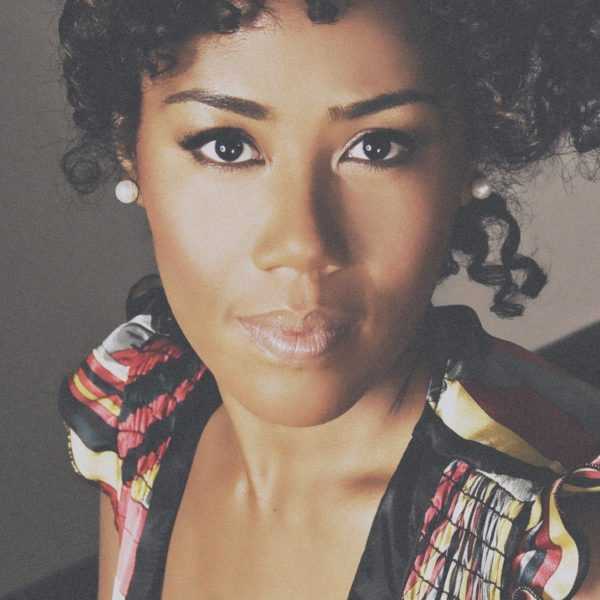That’s Show Business


Lucille Ball was a trailblazer in the TV business. Ball owned, produced, and starred in the iconic I Love Lucy. She also created and owned the production studio, making her the first female president of a major Hollywood studio.


Moving images offer many of our nation’s indelible cultural touchstones; and have proven to be the foundation of a lucrative industry, both at home and abroad. In 2016, operating revenues from television broadcasting; cable and other prescription programming; and motion picture and video production and distribution was $206.3 billion.
Who makes the money? The multi-million dollar payouts to high-caliber stars are the headline-grabbing exceptions rather than the rule, and a star’s earning waxes and wanes based on his or her celebrity status and popularity with audiences. For a shrewd few, however, show business has been more about business than show, thanks to their ability to create successful enterprises beyond endorsements and licensing deals.
“Show business offers a springboard, but the people who create, build, and manage real businesses are those who transcend their images,” says W. Thomas Gilbert, a veteran entertainment journalist and co-author of Desilu, The Story of Lucille Ball and Desi Arnaz.
An early pioneer of this model was Lucille Ball. Known the world over for her starring role as Lucy Ricardo in I Love Lucy, she bore little resemblance to her hapless TV character. Ball not only owned and produced the show in which she starred, she created and owned Desilu, the studio that produced I Love Lucy and numerous other TV series, including two that would eventually spawn blockbuster movie franchises: Mission: Impossible and Star Trek.
“Lucille Ball isn’t an example of a mere brand extension or of a celebrity lending her name to products, but of a woman who built an actual business that created jobs, created content, made money.”
W. Thomas Gilbert
Born to humble surroundings in Jamestown, New York, Ball moved to New York City in her teens to pursue modeling. She became a $15-a-week bit player at Hollywood’s RKO Studios – which she would come to own 25 years later as part of Desilu. In 1951, Ball took a gamble on the then-new medium of TV, which until that time depended on live programming and was centered in New York City.
She blazed a trail that included the now-entrenched technique of shooting a TV series with three cameras in front of a live audience and using film, a visionary move that created the rerun and spawned the multibillion-dollar television syndication industry. For perspective: CBS comedy The Big Bang Theory has brought in $1 billion in syndication revenue between 2011 and 2016, according to Bloomberg; Lucy is estimated to bring in some $20 million a year in revenue for CBS.
Ball’s insistence on shooting in Hollywood rather than New York City for family reasons moved the center of gravity for the television industry west, thanks to the power she wielded with her top-ranked show and other Desilu productions. I Love Lucy was also a cultural first, depicting an Anglo-Saxon wife and a Hispanic husband – a pairing that made CBS and sponsors nervous, though her co-star was her actual husband, Desi Arnaz. In fact, she and Arnaz had to produce the pilot with $5,000 of their own money, and that wariness about the real-life couple’s TV appeal is part of why they ended owning so much of the immensely popular – and profitable show.
The first female president of a major Hollywood studio, Ball was no figurehead. She was involved in every aspect of production, from scripts to casting to budgeting. By the time she sold the studio to what would become Paramount Television, she had returned Desilu to profitability, though the studio’s place in entertainment history – and her own – had long been cemented.


Download the Infographic to view 10 other entrepreneurial celebrities.
“Lucille Ball isn’t an example of a mere brand extension or of a celebrity lending her name to products – even though her studio was a play on her name – but of a woman who built an actual business that created jobs, created content, made money, and who in her own way challenged industry norms and changed the entertainment business,” pointed out Gilbert.
“Lucille Ball took risks- it was everything from making a ‘mixed marriage’ acceptable to making it possible to air a show on both the west coast and the east coast without having to do two live versions to having material that could be shown – and sold – again and again because it had been preserved on film – a medium with enough integrity for multiple, high-quality viewings.”
By building a profitable business, producing shows (what is now thought of as content), and challenging industry norms, Ball not only changed the entertainment business but gave rise to the idea that people could have legitimate careers both before the cameras and beyond them.
“The successful entrepreneurs with a foundation in entertainment are trailblazers with the same sense of mission you see in business builders from all kind of industries,” noted Gilbert. “Show business may provide the backdrop, but they write their own scripts.”

